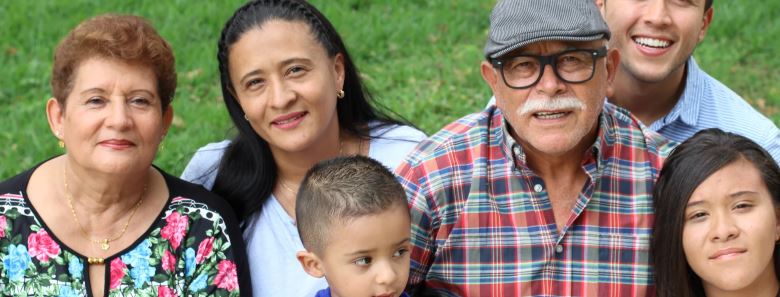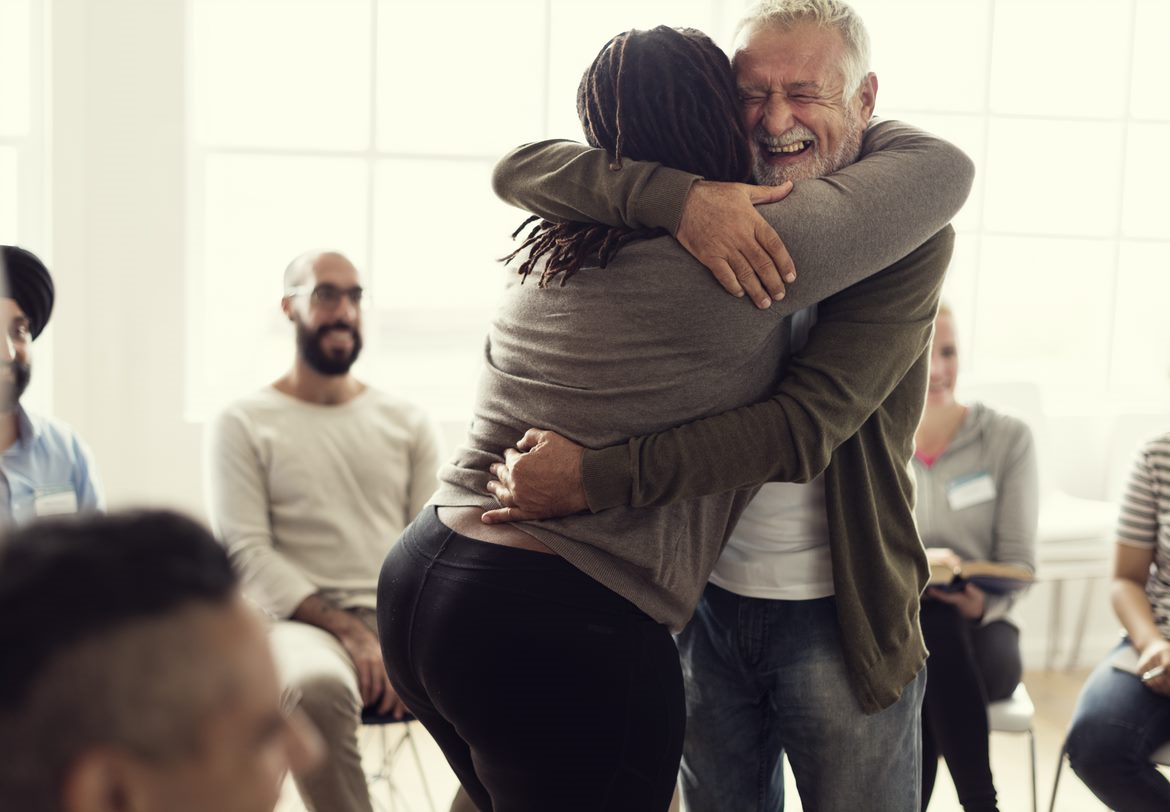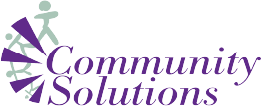Below you will find courses for therapists, social workers, counselors, case managers and peer partners aimed at equipping them to provide high-quality mental health and substance use treatment.

Child Abuse Mandated Reporter
This FREE Child Abuse Mandated Reporter training will provide essential knowledge about the community responsibilities, including identifying the four types of abuse: physical, emotional, sexual, and neglect. Explore the influence of cultural biases and socioeconomic factors on families while engaging in interactive discussions to enhance their skills in recognizing and responding to signs of abuse.
Register
Capacitacion Sobre La Denuncia Obligatoria de Abuso Infantil
Este taller GRATIS brindará a los informantes obligatorios de abuso infantil conocimientos esenciales sobre sus responsabilidades y los cuatro tipos de abuso: físico, emocional, sexual y negligencia. Además, explorará cómo los prejuicios culturales y los factores socioeconómicos influyen en las familias, fortaleciendo las habilidades para reconocer y responder a las señales de abuso.

Co-occurring Diagnosis & Integrated Treatment
Integrating historically segregated approaches to treating SUD’s and psychiatric disorders is crucial to improve treatment outcomes. This workshop will provide skills and interventions to effectively diagnose and treat co-occurring disorders, including DSM-V diagnostic criteria, a comprehensive review of substance use disorders, a neuroscience model of SUD’s, and shifting paradigms to reduce stigma.
Register
Immigration Law & Policy: Building Community Resilience and Response
This FREE training series, “Immigration Law & Policy: Building Community Resilience and Response,” equips community-based organizations with a deep understanding of immigration law to better support and advocate for immigrant communities. Participants will gain the tools to navigate complex immigration processes and promote justice, inclusivity, and community empowerment.
Register
DSM-5-TR: What you need to know
This training covers changes in the DSM-5-TR so clinicians can be confident in using the new manual.
Register
Cognitive Behavioral Therapy
CBT is an evidence-based therapy model focused on helping people develop new ways of thinking and acting..
Register
The Superpowers of Sleep, Stress and Self-care
This course focuses on research around stress and sleep, and how we can use self-care to help us thrive.
Request
Boundaries and Ethics for Case Managers and Peer Partners
Having solid boundaries and providing ethical services is essential to quality-client care. Learn about ethical standards and how to navigate personal boundaries in your professional role.
Register
Intro to Trauma-Informed Care
Trauma is present in many people’s lives. This course covers how trauma shows up in our lives and the lives of our clients!
Register
Utilizing the Therapeutic Alliance in Therapy
The therapeutic alliance is an essential component to all therapy models. Learn strategies to build and repair the therapeutic alliance.
Register
Safety In The Field
Learn the importance of safety when working in community-based behavioral health settings. It will teach learners how to use safety precautions, with an emphasis on respect and cultural humility, while working in the field delivering services and conducting meetings in client’s homes.
Register
Seeking Safety
Seeking Safety is an evidence-based treatment for clients over age 18 who have experienced trauma and/or substance abuse that teaches present-focused coping skills to help clients create a sense of safety in their daily lives.
Request
Substance Use Disorders (SUDS) 101
Introduction to substance use disorders and dual diagnosis disorders, how mental health interplays with substance abuse and recovery, and the differences between use, misuse/abuse, and dependence.
Request
Introduction to Leading Groups
Introduction to leading mental health groups focuses on the group type and format, initial sessions, ethical and legal considerations, and how to navigate challenging interactions in a group.
Register
Time and Energy Management
Often, remaining focused and completing tasks on time can be challenging due to disruptions like phone calls, meetings, text and other people crises. Many of us could feel a lot more productive if we increased our self-management skills when it comes to where we focus our time and energy. In this course, you will deepen time management skills by exposure to new techniques, recognizing the most common distractions, and how to best respond in “moments of choice.”
Register
Recognizing & Responding to Suicidal & Homicidal Ideation
An introduction to assessing and engaging with clients that are experiencing suicidal and/or homicidal ideation. With an emphasis in identifying common warning signs, safety planning, and verbal de-escalation, it reviews Joiner’s interpersonal theory of suicide and gives practical and actionable items for mental health professionals.
Register
Sustainability in Trauma Work: Trauma Stewardship
Explore the profound impact of working in high-stress and high-trauma fields and offers strategies for sustaining well-being while engaging in meaningful work. Drawing from Trauma Stewardship: An Everyday Guide to Caring for Self While Caring for Others by Laura van Dernoot Lipsky, this training examines how secondary trauma accumulates over time and articulates the 16 signs of trauma exposure response, while offering practical ideas for personal and professional sustainability.
Register
Substance Use Disorders (SUDS) 201
A deep dive into the neuroscience of the development of problematic substance use and treatment approaches and theories like stages of change. Learners will strengthen their skills to address crises in recovery, identify common co-occurring disorders, and navigate countertransference in substance use treatment.
Register
Motivational Interviewing I: Foundations for Change
MI is an approach to helping people change and see the crucial importance of tailoring interventions to an individuals’ placement in the stages of change theory to improve the likelihood of success. Learners will practice specific skills and techniques which include establishing rapport, eliciting change talk, and establishing commitment language.
RegisterRequest a Training
Looking for a training that we don’t currently offer? You can use the link below to request specific trainings to meet your agency’s needs.

OUR VISION
CS Learning provides mission-driven learning for our colleagues and community that create opportunities for transformational growth and development.

